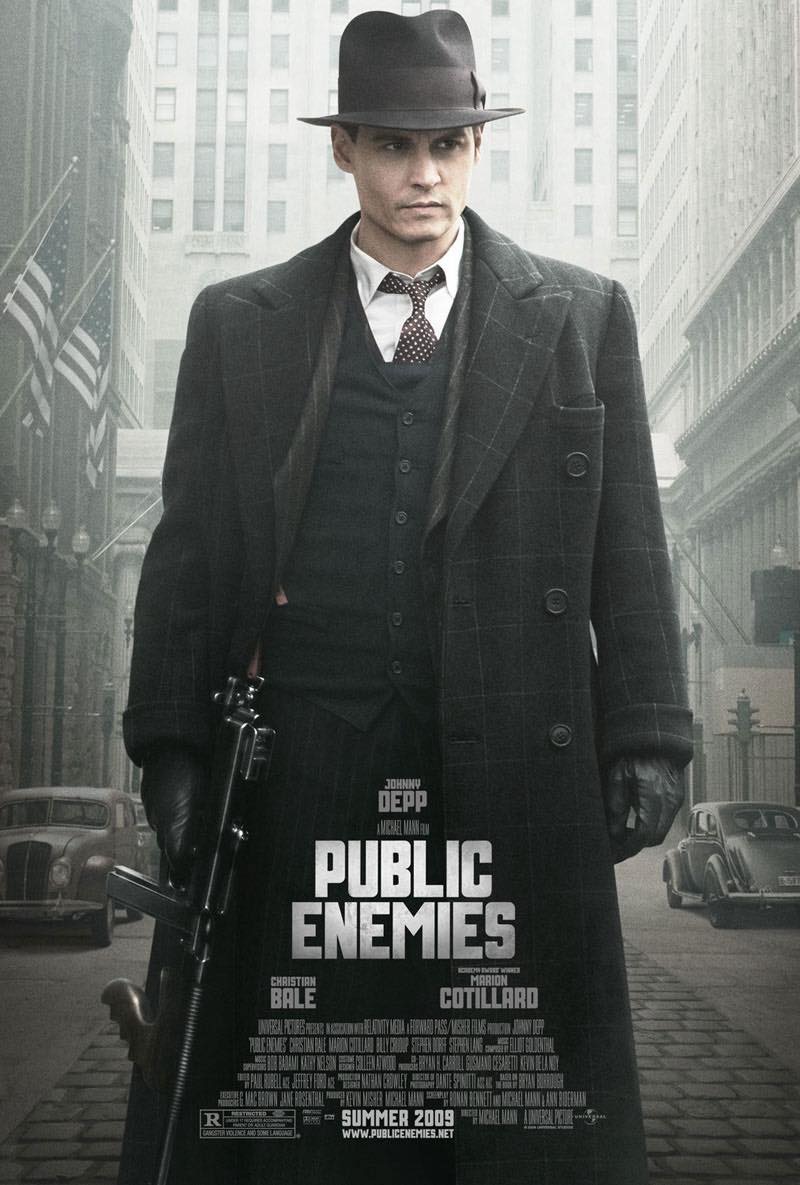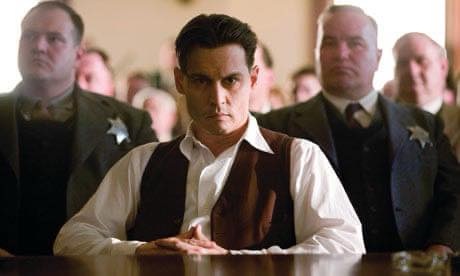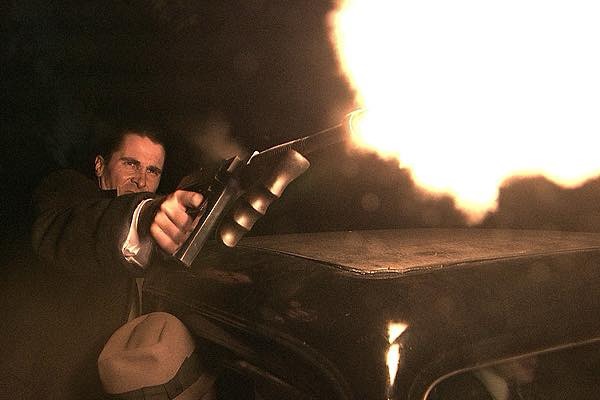Public Enemies (2009)

“Public Enemies,” directed by Michael Mann and released in 2009, is a historical crime drama based on the true story of John Dillinger, one of America’s most notorious bank robbers during the Great Depression. The film stars Johnny Depp as Dillinger, alongside Christian Bale as FBI agent Melvin Purvis and Marion Cotillard as Billie Frechette, Dillinger’s love interest.
Suggested videos for you:
Plot Overview
The story follows Dillinger as he and his gang commit a series of audacious bank heists while evading capture by law enforcement. The film captures the tension between Dillinger’s charismatic criminal lifestyle and the relentless pursuit of Purvis, who is determined to bring him to justice. It also explores Dillinger’s relationships, particularly with Frechette, adding a personal dimension to his life as a fugitive.
Visual Style and Direction
Michael Mann’s direction is notable for its stylish cinematography, utilizing a mix of digital and traditional film techniques to create a gritty, immersive atmosphere. The film’s action sequences are intense and well-executed, showcasing the violent nature of the era while maintaining a sense of realism. The period detail is also impressive, from the costumes to the vehicles, helping to transport viewers to the 1930s.
Performances
Johnny Depp delivers a compelling performance as Dillinger, capturing both his charm and danger. Christian Bale is equally strong as Purvis, embodying the character’s determination and moral complexity. Marion Cotillard adds depth to the film with her portrayal of Frechette, though some critics noted that her character could have been more fully developed.
Themes
“Public Enemies” explores themes of loyalty, the allure of crime, and the evolving nature of law enforcement in America. The film contrasts Dillinger’s rebellious spirit with Purvis’s dedication to the FBI’s emerging methods of crime-fighting, highlighting the tensions between individual freedom and societal order.
Reception
The film received mixed to positive reviews from critics, with praise for its performances and direction but some criticism for its pacing and narrative structure. It was noted for its historical accuracy, though some creative liberties were taken for dramatic effect.
Conclusion
Overall, “Public Enemies” is a stylish and engaging portrayal of a fascinating chapter in American history, driven by strong performances and a visually striking presentation. While it may not resonate with everyone, especially those looking for a more traditional biopic format, it offers a gripping exploration of crime and law enforcement in the early 20th century.











